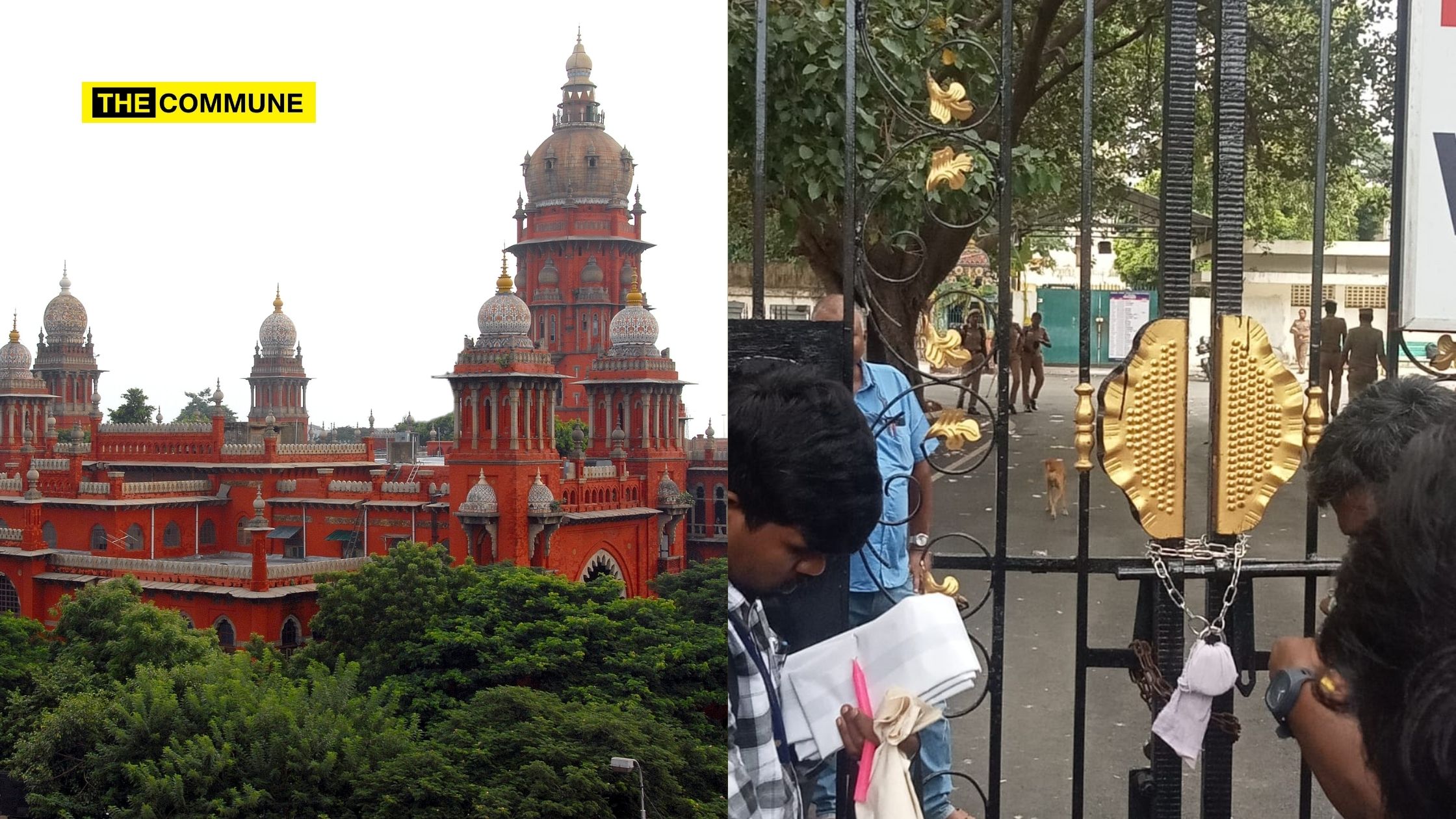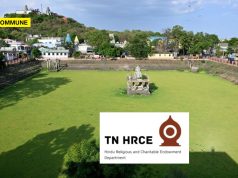
The Madras High Court on Monday (9 September 2024) criticized the Tamil Nadu government officials for attempting to seize the Madras Race Club (MRC) land at Guindy, Chennai just two days after issuing a Government Order (G.O.) on September 6 to prematurely terminate the 99-year lease, which was granted to the club in 1946 for 160.86 acres.
A Division Bench of Justices S.S. Sundar and K. Rajasekar expressed disapproval over the wording of the G.O., both in terminating the lease and taking immediate possession of the property. The senior judge described the officials’ actions, which included bringing a large police presence to the MRC premises, as “illegal and high-handed.”
The court’s remarks came after senior counsel A.L. Somayaji, assisted by Vaibhav R. Venkatesh, informed the judges that officials had misinterpreted an interim order from September 4 related to pending rental arrears and sealed the club premises, ignoring the fact that the horses at the club needed to be cared for.
Advocate General P.S. Raman admitted that the G.O. was not correctly worded. He referred to a 1996 Supreme Court ruling in the Anamallai Club case, which stated that while the government is entitled to reclaim property, it cannot take possession unilaterally without following the law. The Advocate General assured the court that new proceedings would be initiated to properly terminate the lease and give the Madras Race Club adequate time to vacate. The court recorded his submissions.
In response to Somayaji’s request for permission to challenge the G.O. and related actions, the Division Bench clarified that the MRC could pursue legal recourse. The orders were issued after an urgent hearing on the writ appeal, prompted by concerns over the swift and coercive action of sealing the club premises.
Somayaji argued that the revenue officials had misused the interim order from September 4, which had only addressed rental arrears and allowed for lease termination per the law. He said the order had been wrongly interpreted to justify possessing the property without proper notice.
The Bench clarified that its September 4 order did not direct or authorize the state to seize the property and that any termination of the lease must follow due process of law. Despite this clear directive, the officials issued the G.O. on September 6, instructing the Chennai Collector to take control of the land, a move that was strongly contested in court.
(With inputs from The Hindu)
Subscribe to our channels on Telegram, WhatsApp, and Instagram and get the best stories of the day delivered to you personally.




